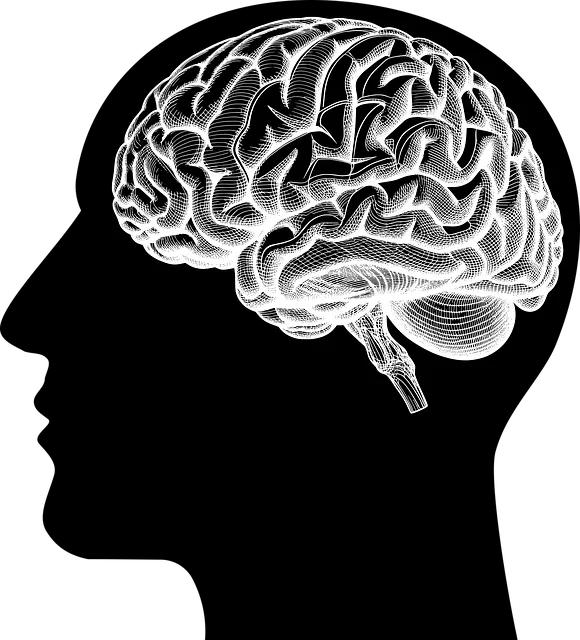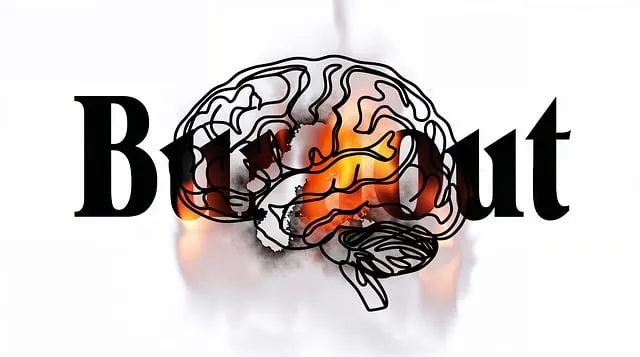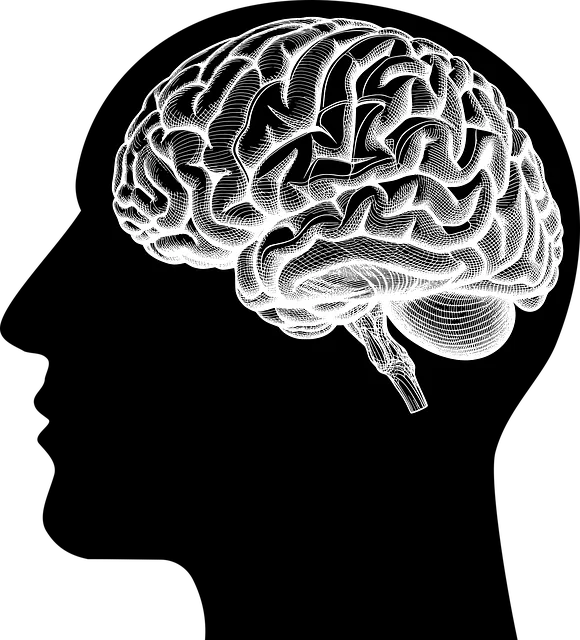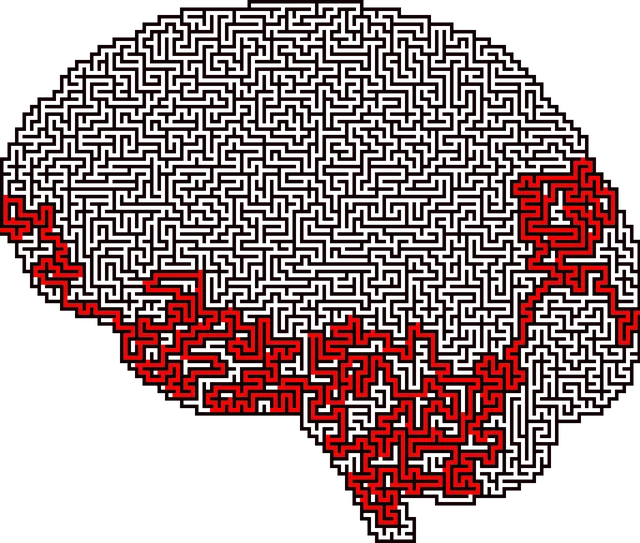Denver's Crisis Intervention Teams (CITs), consisting of law enforcement, paramedics, and mental health professionals, utilize specialized training and compassionate strategies to address mental health crises. Through comprehensive Denver Kaiser mental health classes, CITs reduce stigma, promote empathy, and enhance conflict resolution skills, ensuring safer interventions and fostering a supportive community for individuals facing mental illness. These classes empower participants with practical tools for understanding and supporting others during crises, contributing to improved holistic well-being and resilience.
In today’s complex landscape, effective crisis intervention teams (CITS) play a pivotal role in supporting individuals facing mental health crises. Denver, with its vibrant community, has recognized the importance of these teams, particularly through innovative programs like the Denver Kaiser Mental Health Classes. This article explores the crucial components of CIT training, highlighting how comprehensive education empowers teams to make a tangible impact on those in need, fostering a supportive and healing environment in Denver and beyond.
- Understanding Crisis Intervention Teams: Their Role and Impact in Denver's Mental Health Scene
- Key Components of Effective Crisis Intervention Team Training Programs
- The Denver Kaiser Mental Health Classes: Unlocking Resources for Community Support and Recovery
Understanding Crisis Intervention Teams: Their Role and Impact in Denver's Mental Health Scene

In Denver, Crisis Intervention Teams (CITs) play a pivotal role in addressing mental health crises and reducing the impact of stigma surrounding mental illness. These specialized teams, often comprised of law enforcement officers, paramedics, and mental health professionals, are trained to handle high-stress situations with compassion and effectiveness. The CIT approach focuses on de-escalation techniques, communication strategies, and the use of compassion cultivation practices, which have been shown to significantly reduce the need for physical restraint and emergency room visits.
By providing Denver Kaiser mental health classes and fostering better understanding between first responders and mental health professionals, CITs are revolutionizing how crises are managed in the community. Their impact is profound, as they not only ensure safer interactions during mental health emergencies but also work towards Mental Illness Stigma Reduction Efforts by promoting a culture of empathy and support. Through these initiatives, Denver is setting an example for effective crisis intervention that combines robust training with human-centered practices.
Key Components of Effective Crisis Intervention Team Training Programs

Effective crisis intervention team (CIT) training programs are meticulously crafted to prepare individuals to handle mental health crises with compassion and competence. These programs in Denver, offered by Kaiser Mental Health classes, integrate several key components designed to foster a nuanced understanding of mental illness and its complexities.
The curriculum often emphasizes the importance of Mental Illness Stigma Reduction Efforts, encouraging participants to challenge preconceived notions and cultivate empathy towards individuals facing psychiatric challenges. Beyond this, programs delve into Mind Over Matter Principles, teaching coping strategies that empower both the affected individual and their support network. Additionally, mastering Conflict Resolution Techniques is vital to navigate challenging situations calmly and de-escalate potential crises, ensuring everyone involved receives the care they need.
The Denver Kaiser Mental Health Classes: Unlocking Resources for Community Support and Recovery

The Denver Kaiser Mental Health Classes offer a transformative program designed to empower individuals and communities with essential tools for navigating crises effectively. These classes unlock valuable resources, focusing on enhancing emotional resilience and fostering supportive environments. Through interactive workshops, participants gain insights into understanding mental health challenges while learning effective emotional healing processes.
Inspiring stories of recovery and practical empathy building strategies are at the heart of these sessions, encouraging a culture of care and compassion. By combining education with skill-building, the Denver Kaiser classes equip individuals with methods to manage stress, promoting holistic well-being. This comprehensive approach ensures that community members are better prepared to support one another during difficult times, creating a network of resilience and hope.
Crisis intervention team training programs, such as the Denver Kaiser mental health classes, play a pivotal role in enhancing community support and fostering recovery. By equipping individuals with the necessary skills, these programs empower communities to navigate mental health crises effectively. The key components outlined in this article—comprehensive curriculum, practical exercises, and ongoing support—are essential for creating impactful training that can lead to positive changes in Denver’s mental health landscape.






